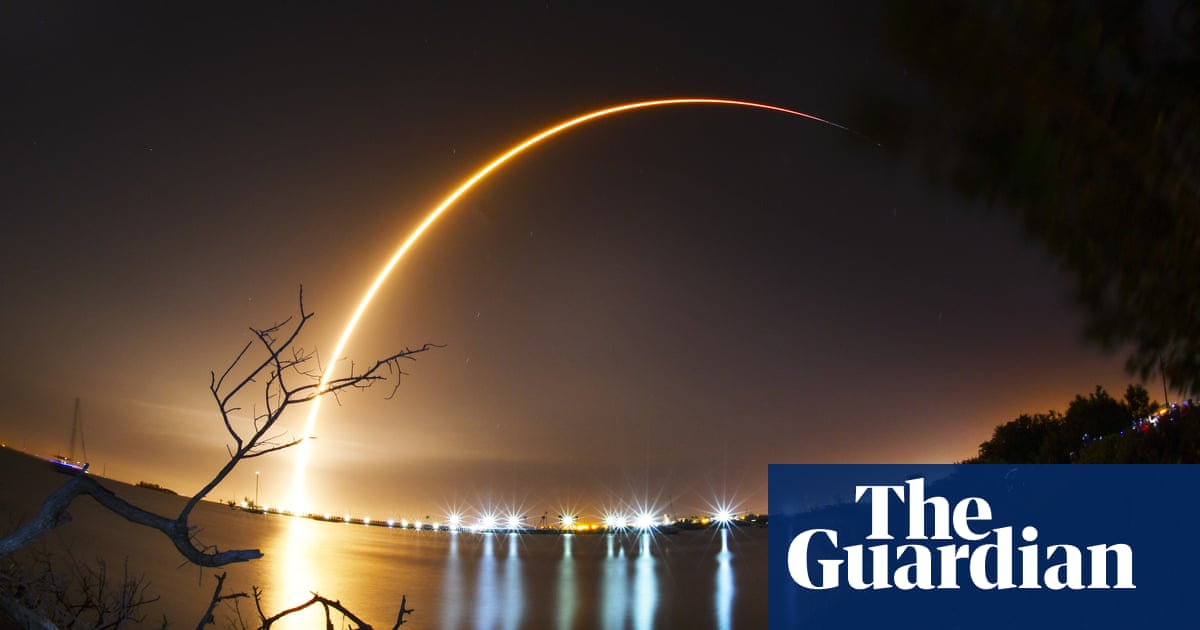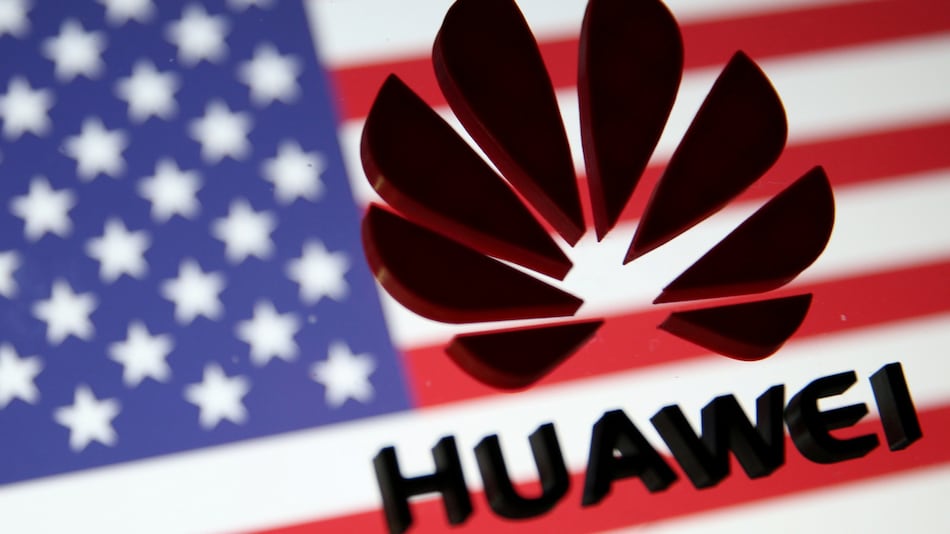 Israel’s first lunar probe blasts off from Cape Canaveral – video
Israel’s first lunar probe blasts off from Cape Canaveral – videoAn Israeli spacecraft aboard a SpaceX rocket has launched from Cape Canaveral in Florida, beginning a two-month journey to land on the Moon.
If successful, Israel, a state with fewer than 9 million citizens, will join Russia, the US and China as the only countries to have made a controlled landing on the surface of earth’s nearest neighbour.
Funded almost entirely by donations, the project is also the first privatelybacked lunar lander mission.
About the size of a washing machine, the 585kg (1,290lb) robotic lander named Beresheet, the Hebrew word for Genesis, took off at 8.45pm on Thursday local time. It was placed on top a Falcon 9 rocket, one of SpaceX’s private fleets run by the billionaire entrepreneur Elon Musk.
“We thought it’s about time for a change, and we want to get little Israel all the way to the moon,” said Yonatan Winetraub, co-founder of SpaceIL, the nonprofit organisation behind the effort.
“We’ll keep analyzing the data, but bottom line is we entered the very exclusive group of countries that have launched a spacecraft to the moon,” said Yigal Harel, head of SpaceIL’s spacecraft program.
The Israeli prime minister, Benjamin Netanyahu, watched the launch from the control centre in Yehud, Israel.
“This is a very proud moment,” Netanyahu’s office quoted him as saying. “While this is a great step for Israel, it is a huge step for Israeli technology.”
Apollo 11’s Buzz Aldrin congratulated the team on their journey “to my old stomping ground … the moon”.
Crewed lunar trips have taken around three days, but the probe will take a circuitous route.
Beresheet was jettisoned into Earth orbit 34 minutes after blasting off and successfully deployed its landing legs. However, it will not use them for some time – the lander will speed in ever-widening elliptical orbits around the Earth until it intercepts the moon’s gravitational pull in several weeks. Its creators have estimated it will land on 11 April after a 4m-mile (6.5m-km) journey.
Following an automated touchdown, the four-legged craft will photograph its landing site – a dark spot in a lunar plain called the Sea of Serenity – and measure magnetic fields. It will only be operational for about two days, before shutting down.
Its frame houses a time capsule of digital files the size of coins containing the Bible, children’s drawings, Israel’s national anthem and blue and white flag, as well as memories of a Holocaust survivor.
Built by SpaceIL in partnership with the state-owned Israel Aerospace Industries (IAI), Beresheet cost about £70m, a fraction of the cost of missions led by the Russian, US, and Chinese governments.
Morris Kahn, a South African-born Israeli billionaire, is the main backer but the US Republican party and pro-Israel funder Miriam Adelson and her casino-owning husband, Sheldon, also gave $24m.
US and European space agencies intend to use an expanding private space industry to send people back to the moon. The administrator of Nasa, Jim Bridenstine, called the Beresheet mission “a historic step for all nations and commercial space as we look to extend our collaborations”.
Beresheet was launched alongside two other payloads – a telecommunications satellite for Indonesia and an experimental satellite for the US air force.
SpaceX says the rocket will be reused, after the main-stage booster separated and flew back to earth, landing safely on a drone ship in the Atlantic ocean.
We’re doing something different…
… and we’d like to explain why. Our journalism now reaches record numbers around the world and more than a million people have supported our reporting. We continue to face financial challenges but, unlike many news organisations, we haven’t put up a paywall. We want our journalism to remain accessible to all, regardless of where they live or what they can afford.
This is The Guardian’s model for open, independent journalism: free for those who can’t afford it, supported by those who can. Readers’ support powers our work, safeguarding our essential editorial independence. This means the responsibility of protecting independent journalism is shared, enabling us all to feel empowered to bring about real change in the world. Your support gives Guardian journalists the time, space and freedom to report with tenacity and rigour, to shed light where others won’t. It emboldens us to challenge authority and question the status quo. And by keeping all of our journalism free and open to all, we can foster inclusivity, diversity, make space for debate, inspire conversation – so more people have access to accurate information with integrity at its heart.
Guardian journalism is rooted in facts with a progressive perspective on the world. We are editorially independent, meaning we set our own agenda. Our journalism is free from commercial bias and not influenced by billionaire owners, politicians or shareholders. No one steers our opinion. At a time when there are so few sources of information you can really trust, this is vital as it enables us to give a voice to those less heard, challenge the powerful and hold them to account. Your support means we can keep investigating and exploring the critical issues of our time.
Our model allows people to support us in a way that works for them. Every time a reader like you makes a contribution to The Guardian, no matter how big or small, it goes directly into funding our journalism. But we need to build on this support for the years ahead.
[“source=theguardian”]



